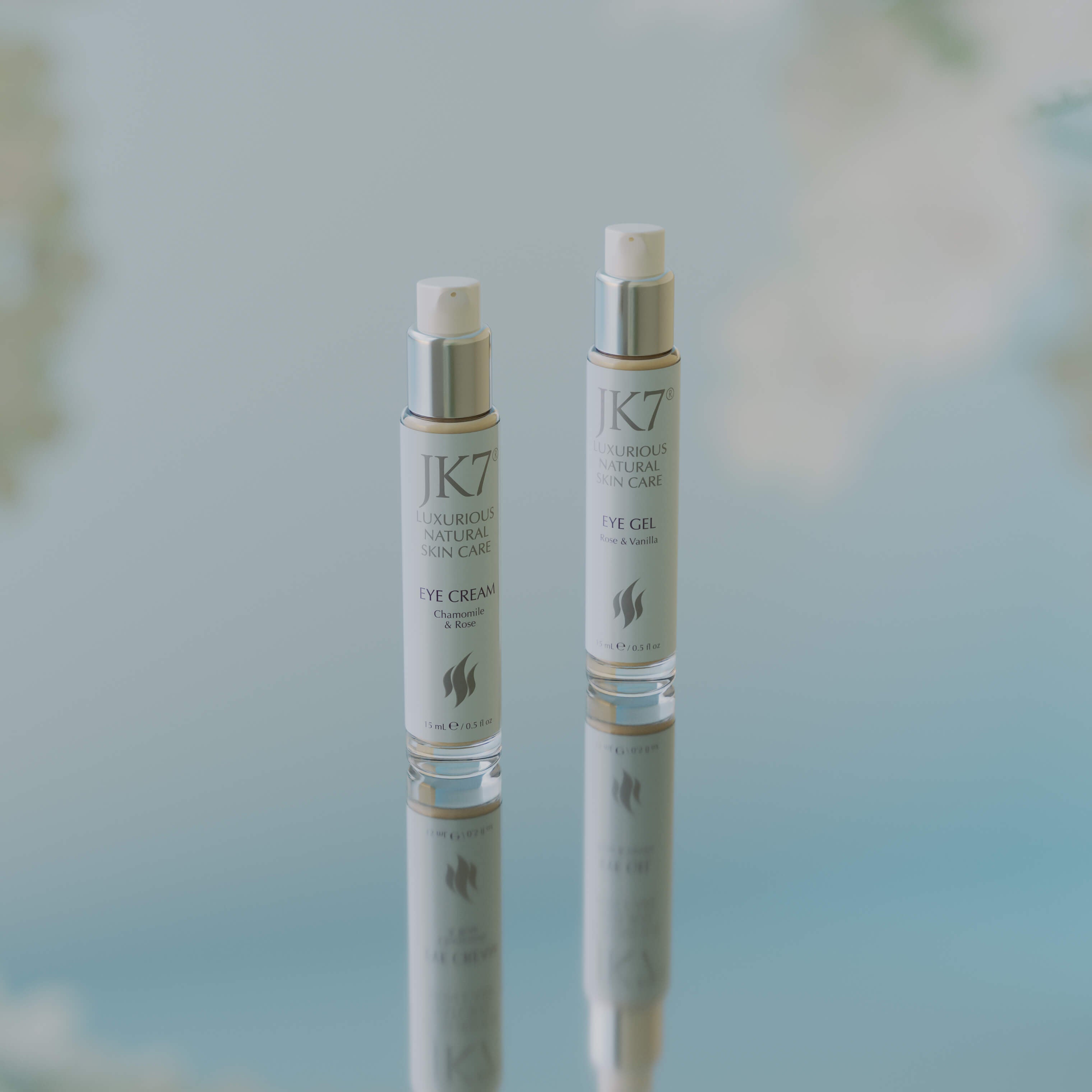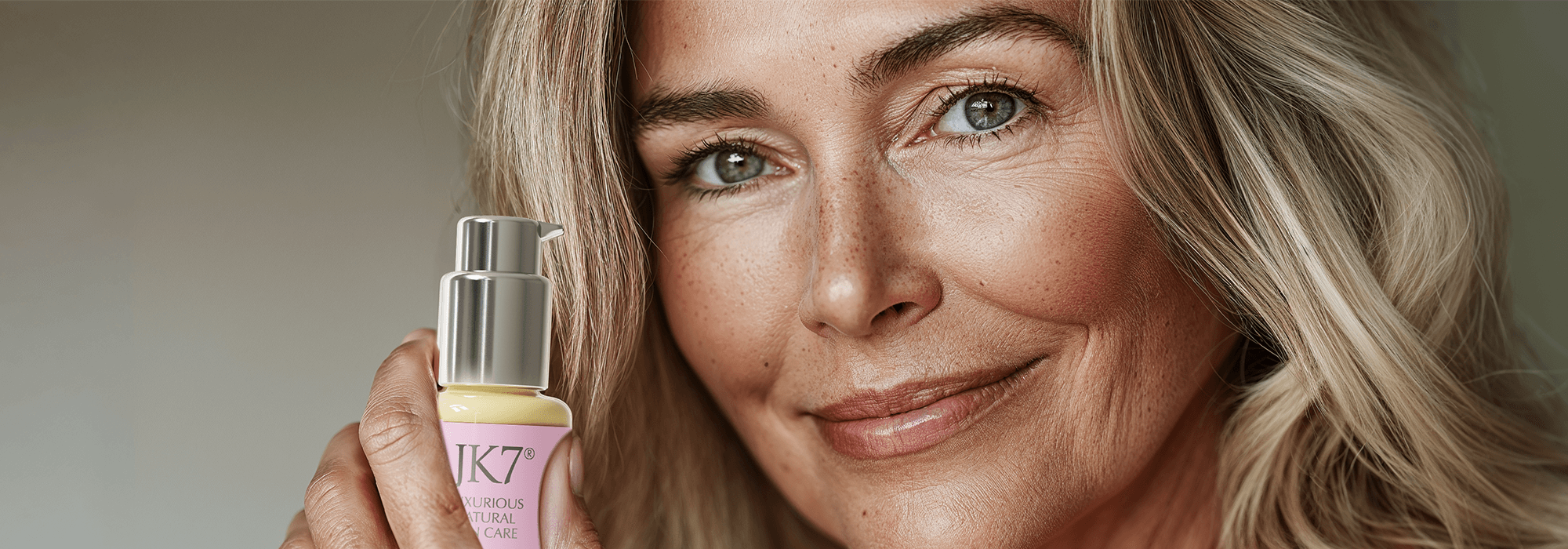Pregnancy transforms your body in remarkable ways, and your skin is no exception. Due to shifting hormones, many moms-to-be experience skin changes such as dryness, breakouts, increased pigmentation, and heightened sensitivity.
During this time, what you put on your skin matters more than ever — not only for your own comfort and appearance, but also for your baby's well-being. That’s why selecting gentle, non-toxic products made with safe, natural ingredients is so important.
At JK7®, we create luxury formulations rooted in clean beauty, backed by science, and crafted from Mother Nature’s purest resources. In this guide, we’ll explain which natural ingredients are considered safe in pregnancy, which ones to avoid, and how to build a nurturing and pregnancy-safe skin care routine.
Why Skin Care Safety Matters During Pregnancy
Pregnancy triggers changes in hormones, particularly estrogen and progesterone, which can significantly affect your skin’s behavior. Some women experience the famous “pregnancy glow,” while others face acne, melasma, dryness, or irritation.
Additionally, certain ingredients in topical products can be absorbed into the bloodstream, and some carry potential risks for fetal development. This is why it’s recommended to be mindful and selective with your skincare choices.
Opting for natural and clean skin care ingredients during pregnancy helps reduce your exposure to synthetic compounds, harsh chemicals, and hormone-disrupting substances.
Also Read: Science-Backed Natural Skincare Ingredients
What Makes an Ingredient Pregnancy-Safe?
Just because an ingredient is natural does not automatically mean it’s safe during pregnancy. To qualify as a truly pregnancy-safe option, a natural skin care ingredient should meet specific criteria:
- Have low dermal absorption (minimal entry into the bloodstream)
- Be non-teratogenic (not linked to birth defects)
- Be dermatologist-tested for sensitive and hormonal skin
- Be free from endocrine disruptors, synthetic preservatives, and harsh chemicals
- Ideally, be plant-based with a proven safety record during pregnancy
It’s also important to note that some essential oils and herbal extracts (such as clary sage or rosemary oil) may be plant-based, but are still not recommended due to potential hormonal effects during pregnancy. Therefore, choosing formulated skin care products that are specifically designed for expectant mothers is especially important.
5 Safe Natural Ingredients to Look For
Choosing skin care suitable for pregnancy does not mean compromising on results. Many botanicals supported by clinical use offer significant benefits while remaining gentle enough for sensitive, hormonal skin. Examples include:
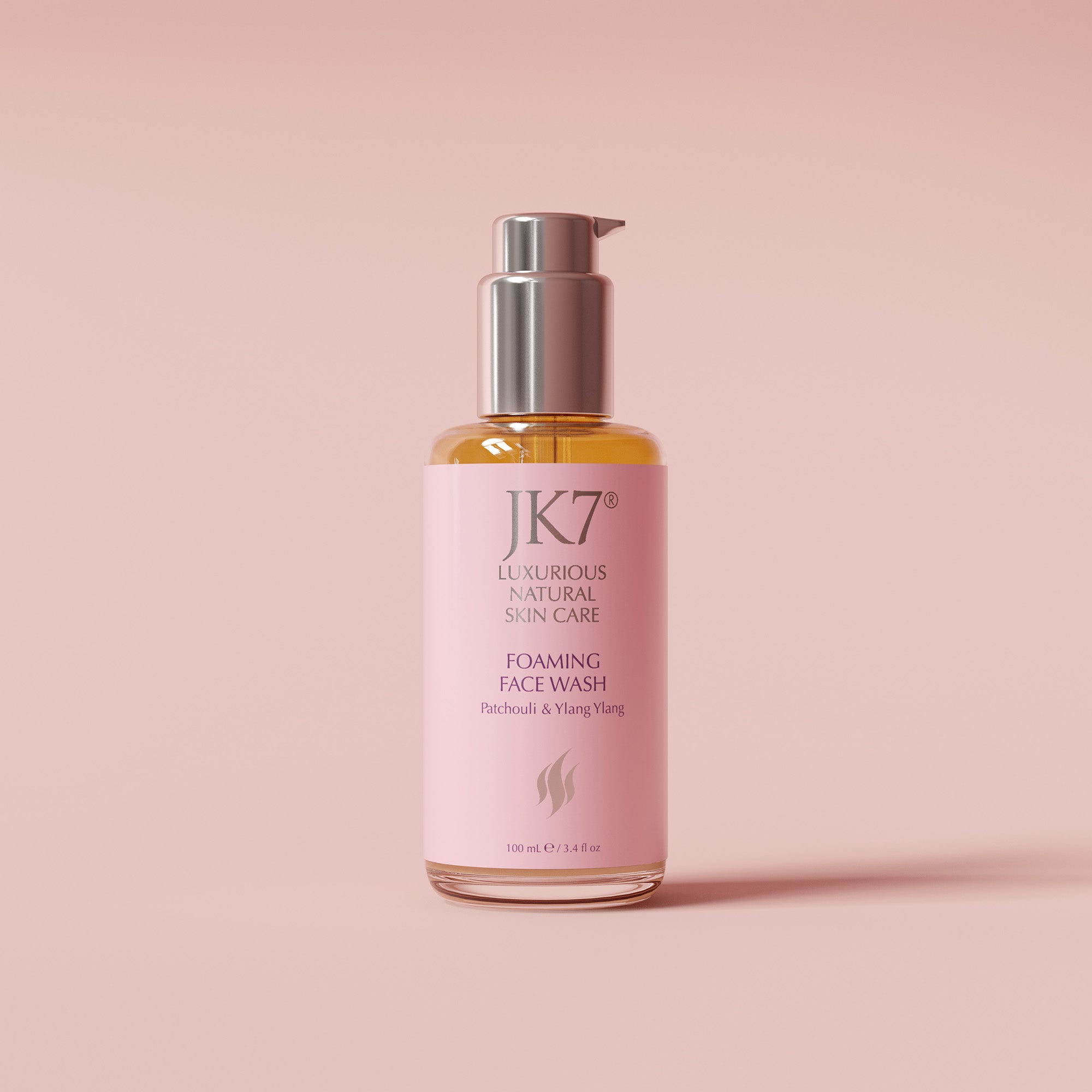
1. Chamomile and Calendula
Soothing and anti-inflammatory, chamomile and calendula help calm redness, irritation, and inflammation (which are common concerns during pregnancy). Both botanicals are mild yet effective in restoring balance to reactive skin.
Find it in: JK7® Foaming Face Wash
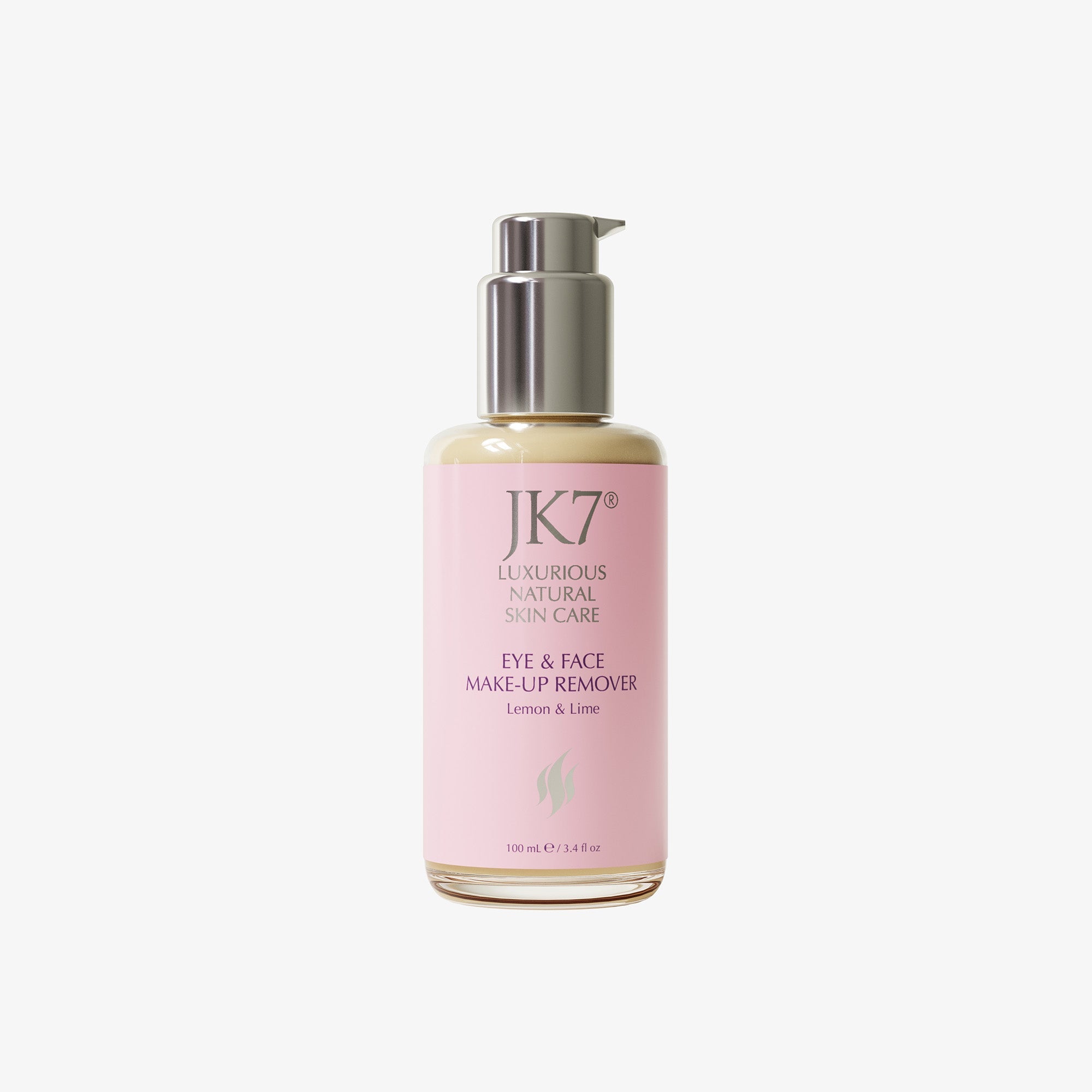
1. Kukui Nut Oil
Soothing and anti-inflammatory, chamomile and calendula help calm redness, irritation, and inflammation (which are common concerns during pregnancy). Both botanicals are mild yet effective in restoring balance to reactive skin.
Find it in: JK7® Eye & Face Make-up Remover
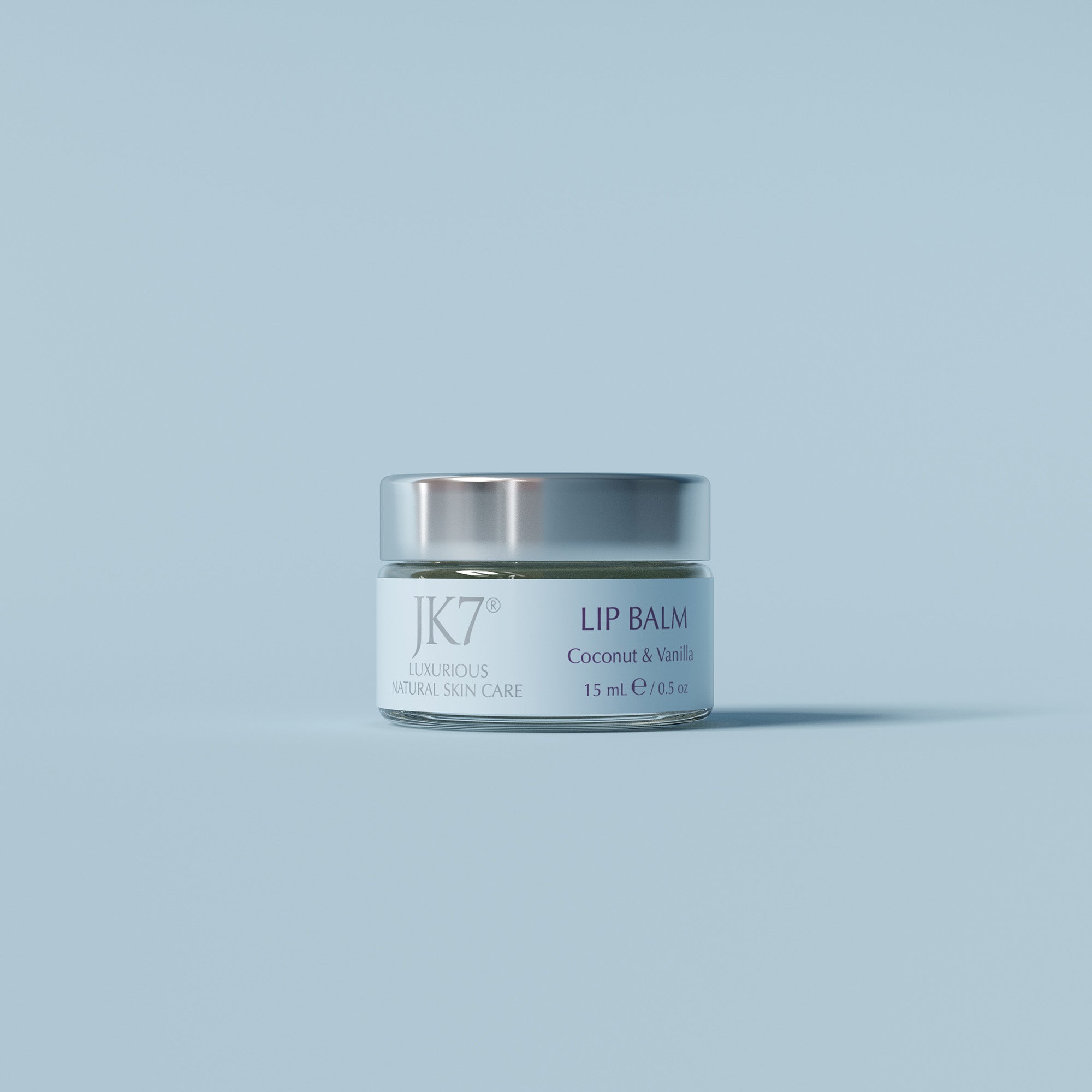
3. Coconut Oil & Shea Butter
Coconut oil and shea butter are deeply nourishing ingredients that reinforce the skin barrier and prevent moisture loss. They keep skin supple, hydrated, and comfortable, while also relieving tightness and itchiness caused by expansion.
Find it in: JK7® Lip Balm
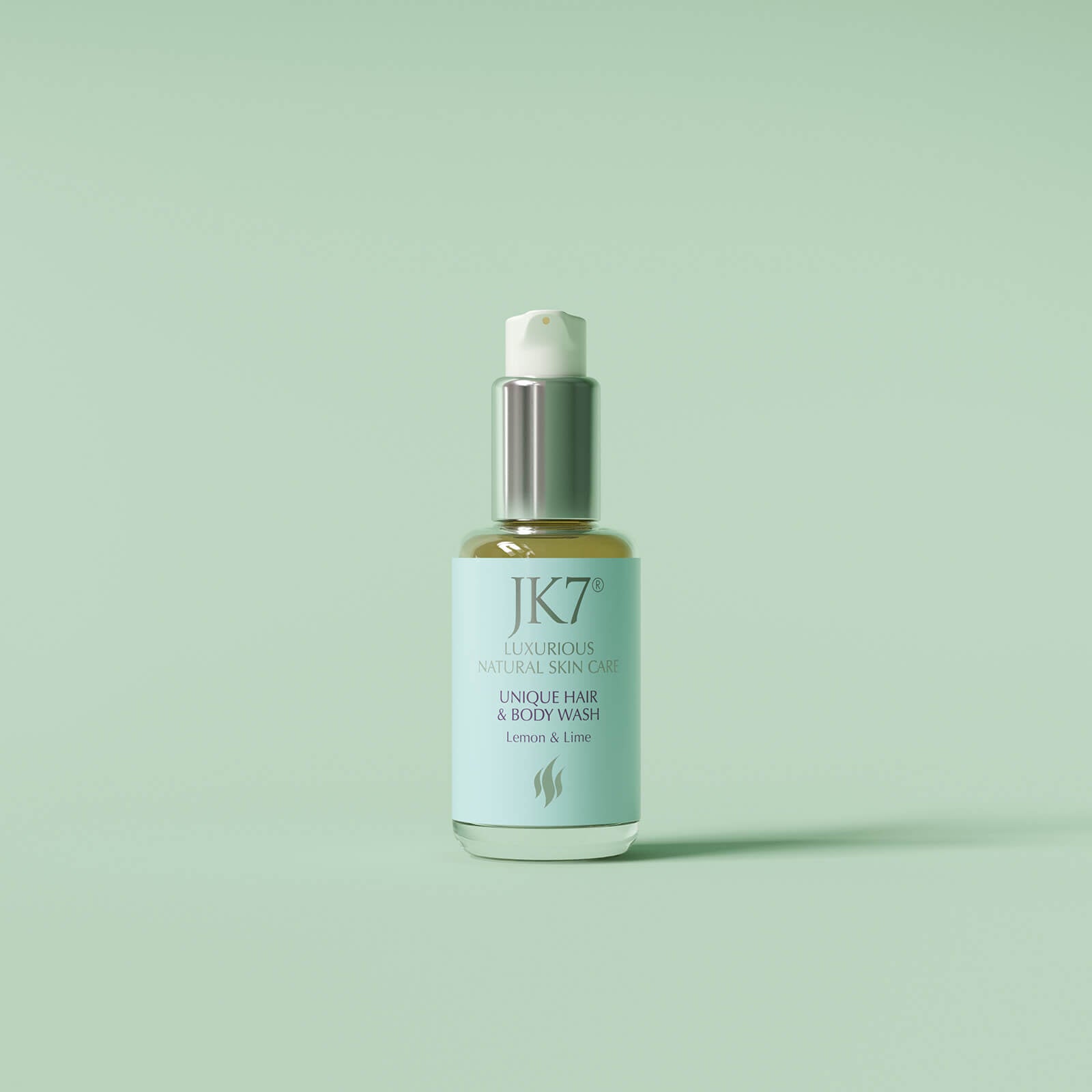
4. Aloe Vera
A natural hydrator and skin soother, aloe vera alleviates dryness, itching, and irritation linked to hormonal changes. It also supports gentle skin renewal without harsh exfoliation.
Find it in: JK7® Unique Hair & Body Wash
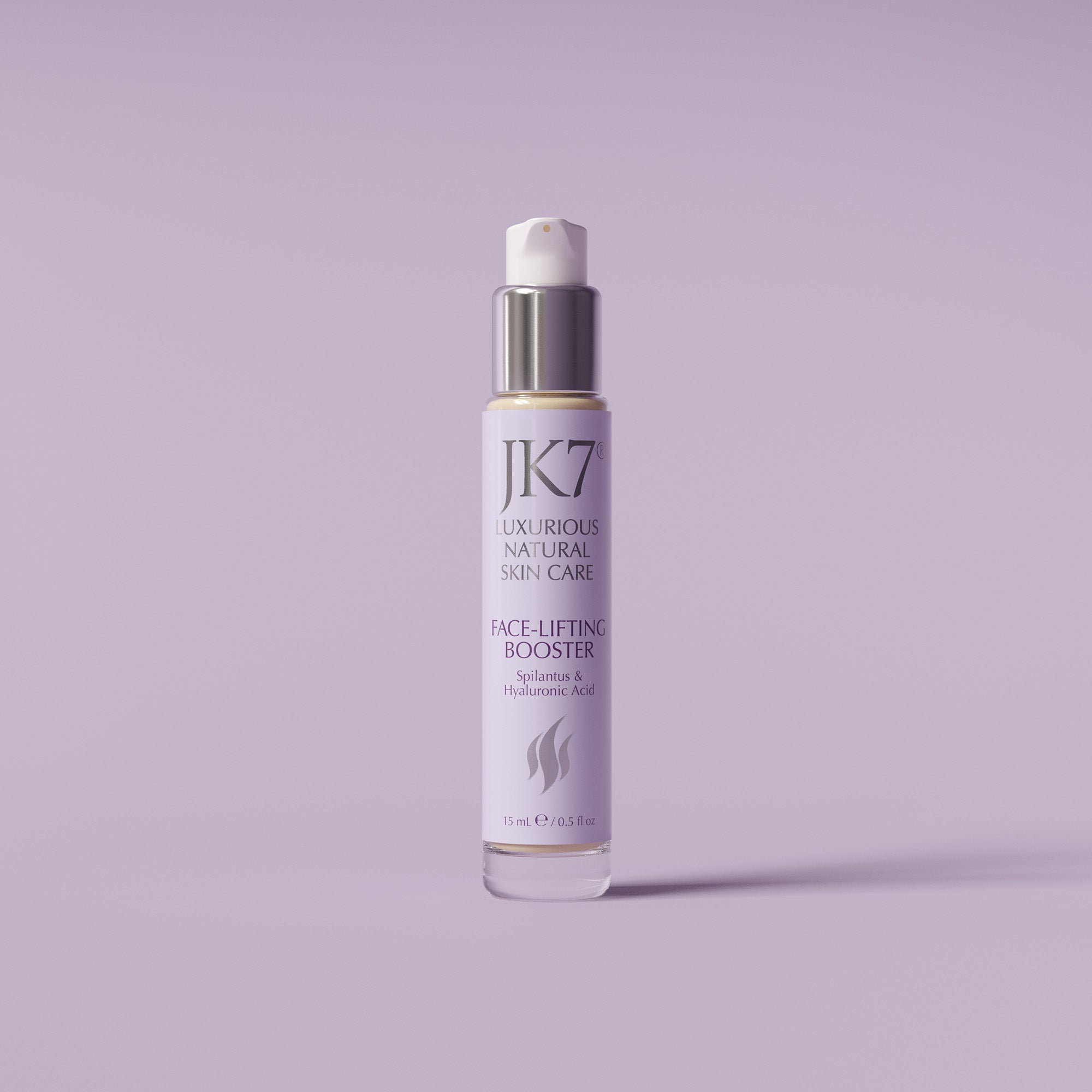
5. Silver Ear Mushroom Extract
A botanical source of polysaccharides similar to hyaluronic acid, silver ear mushroom delivers deep hydration and helps smooth fine lines. Unlike synthetic actives that may raise concerns for some mothers-to-be, this natural alternative is prized for its gentle yet effective action.
Find it in: JK7® Face Lifting Booster
Ingredients to Avoid During Pregnancy
Not all ingredients are considered safe for use during pregnancy, whether synthetic or naturally derived. Common examples to steer clear of include:
1. Strong Essential Oils (e.g., Clary Sage, Rosemary)
While plant-based, certain essential oils are too potent for pregnancy. Clary sage and rosemary oil, in particular, are associated with the risk of stimulating uterine contractions or disrupting hormone balance. Even in diluted forms, it’s best to avoid them unless specifically approved by your healthcare provider.
2. Retinoids (Vitamin A Derivatives)
Widely used in anti-aging products, retinoids (including retinol, tretinoin, adapalene, and tazarotene) are strongly contraindicated during pregnancy. High doses of vitamin A derivatives are linked to birth defects, and topical use still carries risk due to systemic absorption. Caution may also extend to ‘natural’ vitamin A sources like rosehip oil if used in concentrated amounts.
3. Salicylic Acid & Benzoyl Peroxide
Many acne treatments in conventional skin care rely on salicylic acid and benzoyl peroxide as their primary active ingredients.Leave-on use is discouraged during pregnancy due to the risk of systemic absorption. Overuse may increase these concerns.
As an alternative, consider gentler botanical options such as tea tree oil (in low concentration) or ylang ylang, which can help manage breakouts without the harsher side effects.
Also Read: Natural Skin Care for Acne-Prone Skin: A Gentle Way to Heal
Why Consulting a Medical Professional Still Matters
Every pregnancy is unique, and so is your skin’s response. Hormonal fluctuations, immune system changes, and pre-existing skin conditions all influence how your body reacts to skincare ingredients.
For this reason, it is always wise to consult a qualified natural therapist, a dermatologist or OB-GYN before making significant changes to your routine. Bring along a list of products you’re considering, even natural ones, so your healthcare professional can confirm their safety for you and your baby.
Crafting a Routine with Natural Care
Pregnancy is a season of change, but your self-care doesn’t need to feel restricted. With the right products, you can still give your skin the nourishment it needs while knowing every formula is safe, gentle, and effective.
At JK7®, we craft high-performance skin care using nature’s purest and most potent ingredients. Each formula is designed to deliver deep nourishment without compromising on safety.
Explore our collection and discover how radiant, healthy skin is possible at every stage of motherhood.
Frequently Asked Questions About Pregnancy-Safe Skin Care
Not necessarily. While natural skin care sounds harmless, some plant-based ingredients (like clary sage or certain unrefined essential oils) can still pose risks during pregnancy, depending on their concentration. Always check for pregnancy-safe skin care labeling, review the ingredient list, and when in doubt, confirm with your healthcare provider.
Yes. Due to hormonal changes during pregnancy, some natural skin care products can make your skin more sensitive, even to products you’ve used before. That’s why it’s important to patch test new products, choose non-toxic pregnancy skin care, and avoid known irritants like synthetic preservatives or high concentrations of essential oils.
Yes, but choose safe, well-aging alternatives. Opt for botanical hyaluronic acid, antioxidants like pomegranate extract, and calming herbs such as chamomile can help maintain healthy, youthful-looking skin. However, avoid retinoids (vitamin A derivatives), which are strongly discouraged during pregnancy due to their potential risks.
Some essential oils, like lavender or chamomile, are considered safe when used in low concentrations. Others, such as rosemary or clary sage, should be avoided because of their potential to stimulate contractions or affect hormones. Always ensure proper dilution, check the full formulation, and perform a patch test before use.
It depends on your skin’s needs Some women prefer to avoid stronger actives, such as potent essential oils or chemical exfoliants, during the first trimester, then reintroduce them in later trimesters under professional guidance. It is important to check in with yourself on a regular basis. How your skin feels and looks will facilitate making the right choices. Keep in mind that hormonal sensitivity and ingredient absorption can vary from person to person, so what works safely for one mother may not be suitable for another.
Take it step by step. Replace one product at a time, focusing on artificial fragrance-free, plant-based formulations, and avoiding ingredients with known risks. For a step-by-step guide, read our blog on transitioning to natural skin care.

